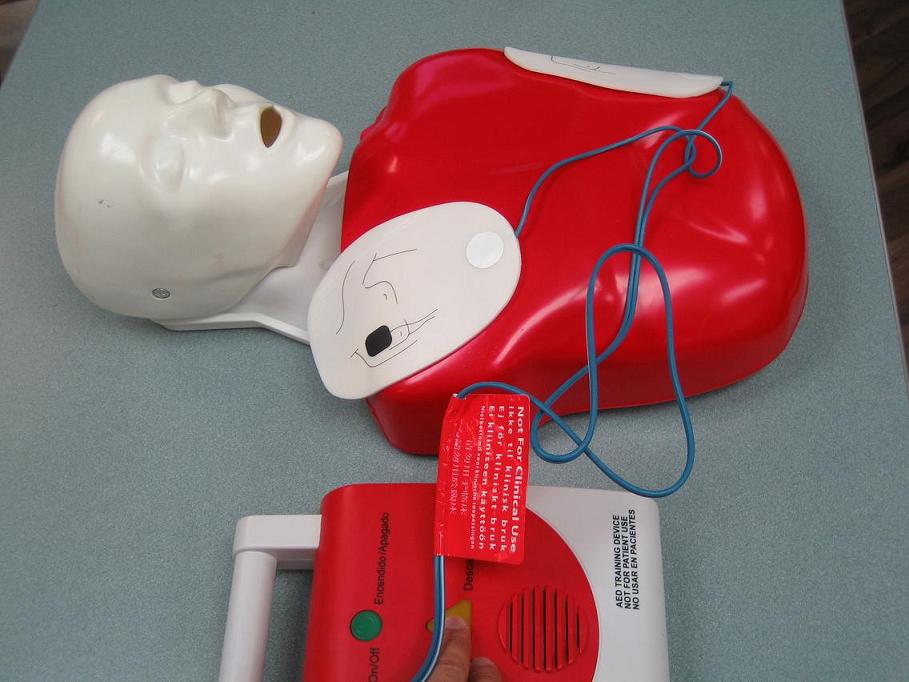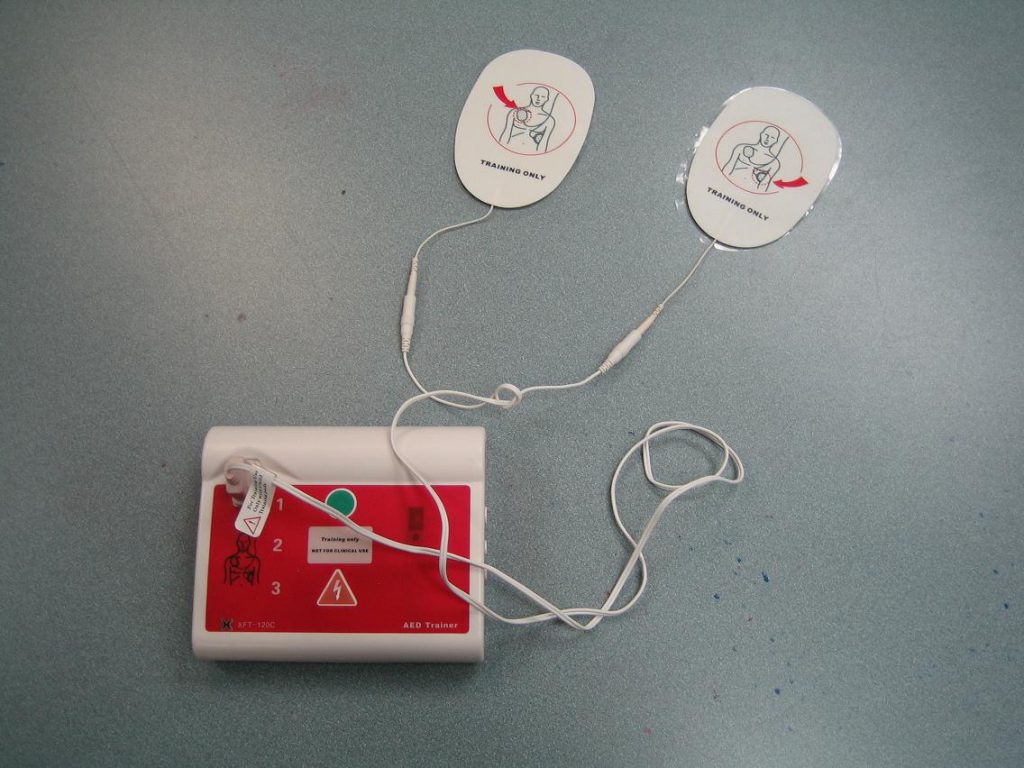The public defibrillators can be found in several places, but a new study suggests parts of downtown Toronto are underserved. The defibrillators are utilized to deliver a shock to the heart to restore its normal rhythm and credited to help save lives.
Accessibility of AEDs
According to a University of Toronto engineering professor, there are public places in the city that require life-saving devices.
Some of the main downtown areas that are hot spots include Queen and Bay, Spadina and Dundas as well as Gerrard and Jarvis. At present, no one regulates where the defibrillators are installed in Ontario.
Timothy Chan created a mathematical formula that attempts to identify geographies where there are clusters of cardiac arrest cases that are close together and where there are no available defibrillators.

Chan added that in the denser parts of downtown Toronto, people should not have to walk farther than 100 meters to obtain a defibrillator.
Be ready to save a life by enrolling in a first aid course
Prompt delivery of CPR and using an AED can save a life. If you want to be prepared during emergencies, it is recommended to enroll in a first aid course today.
For more information about this story, click here.
LEARN MORE
Learn how to help by enrolling in first aid and CPR class and for more information, check out these sources:
https://en.wikipedia.org/wiki/Cardiopulmonary_resuscitation

